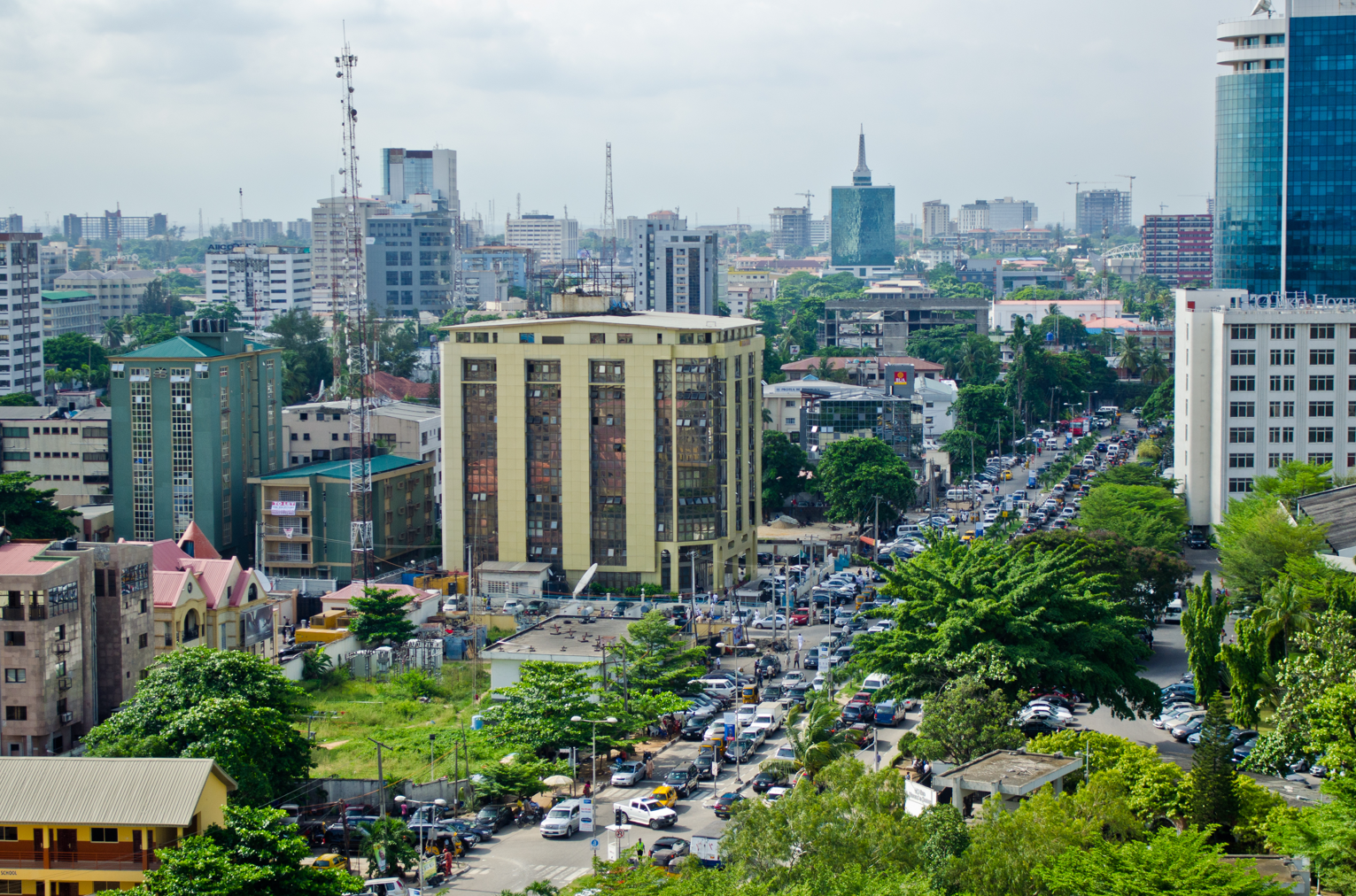On 8 August 2025, the Government of Lesotho published the Public Procurement Regulations, 2025 (Legal Notice No. 117 of 2025) in the Government Gazette. Issued under the Public Procurement Act, 2023, these new Regulations overhaul the country’s procurement framework and introduce a more transparent, accountable, and competitive system for government contracting.
The Regulations apply to all procuring entities and expressly require that procurement decisions incorporate environmental considerations and social objectives. This means that public procurement in Lesotho must now actively promote sustainability and broader developmental goals in addition to meeting financial and operational needs.
Institutionally, the Regulations strengthen the role of the Central Tender Board, which will oversee high-value procurements, issue requests for bids, and sign contracts on behalf of procuring entities. Procurement Committees and Evaluation Committees are also subject to strict obligations, including the maintenance of detailed minutes, avoidance of conflicts of interest, and adherence to prescribed timelines for evaluations and decisions.
The procurement methods provided under the Regulations are wide-ranging, covering national and international competitive tendering, limited tendering in circumstances of urgency or market limitation, and single-source contracting in exceptional cases. Transparency is prioritised through the mandatory use of standard bidding documents, publication of bid notices, and open evaluation procedures.
The Regulations also establish preference schemes that allow domestic suppliers to benefit from a margin of preference, while creating strong sanctions through the debarment of suppliers, contractors, or consultants found guilty of misconduct. Debarment decisions will be recorded in a public register accessible to all stakeholders.
For the evaluation and award of contracts, bids are subjected to a structured process of preliminary, technical, and financial evaluation, with an emphasis on ensuring value for money by balancing cost and quality. Unsuccessful bidders have the right to receive feedback through debriefing and may challenge decisions through complaints mechanisms.
Another significant innovation is the introduction of detailed rules governing the disposal of obsolete or surplus government assets. Disposal may be carried out through public bidding, auctions, trade-ins, donations, or environmentally sound destruction, ensuring accountability and proper value recovery for public property.
The Regulations also establish a dedicated Procurement Tribunal to review decisions of the Authority and the Central Tender Board, with further rights of appeal to the High Court. This ensures multi-layered oversight and enhances the accountability of procurement decisions.
For businesses, contractors, and consultants, the Regulations present both new opportunities and stricter compliance requirements. Suppliers must ensure that they are properly registered, that their tax and trading licences are up to date, and that they meet all bid security, documentation, and procedural requirements. Government entities, on the other hand, face new obligations to prepare annual procurement plans, publish procurement information, and ensure rigorous record-keeping and transparency.
The Public Procurement Regulations, 2025 mark a significant shift in Lesotho’s procurement regime. They aim to align public procurement with principles of good governance, sustainability, and accountability while providing businesses with a clearer framework for participation.
At Mayet & Associates Attorneys, we advise clients on all aspects of public procurement law in Lesotho, including bid preparation, compliance with procurement procedures, and disputes before the Procurement Tribunal. Our team is well-placed to guide you through these new Regulations and to ensure full compliance in this evolving area of law.
--
Read the original publication at Mayet & Associates




.jpg)